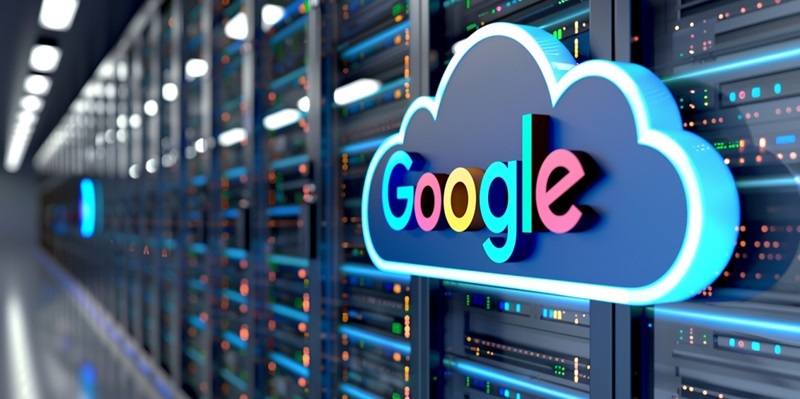Google Cloud’s newly published Threat Horizons report for 2024 presents a detailed and comprehensive analysis of the ever-evolving cybersecurity landscape. One of the primary themes of the report is the alarming increase in the complexity and frequency of cyberattacks, notably phishing attacks, which have surged significantly. These attacks are now being driven by refined social engineering techniques designed to deceive even the most vigilant users. This highlights the urgent need for continuous user education programs coupled with sophisticated email filtering technologies to help protect individuals and organizations alike.
The report stresses the essentiality of robust cloud security measures as organizations continue to migrate their operations to cloud environments. With this migration, the primary vulnerabilities identified include misconfigurations and inadequate access controls. To address these issues, the report advocates for implementing a zero-trust security model, which assumes that threats could come from inside or outside the network and requires strict verification for anyone or anything attempting to connect. Additionally, regular security audits are recommended to proactively identify and rectify security weaknesses, thereby reducing the risk of potential breaches.
The Rise of Ransomware and Cloud Security Imperatives
Ransomware attacks have also evolved, with malicious actors increasingly targeting critical infrastructure and supply chains. This evolution in ransomware strategy underscores the importance of comprehensive backup and recovery plans. Google Cloud advises that organizations adopt proactive threat detection and response capabilities that can make a significant difference in mitigating the impact of such attacks. By implementing these strategies, organizations can bolster their defenses and ensure that they can recover quickly in the event of a ransomware incident.
Another critical area the report focuses on is the exploitation of AI and machine learning by cyber adversaries. As AI technologies become more embedded in business operations, ensuring secure AI development practices becomes paramount. Enhanced monitoring of AI-driven systems is also crucial to prevent their exploitation by malicious actors. Cyber adversaries are always on the lookout for vulnerabilities in these advanced systems, and the proactive measures recommended in the report can help safeguard these technologies as they become more widespread across industries.
Regulatory Compliance, Data Privacy, and Supply Chain Security
Compliance with new global data protection regulations has become an indispensable component of modern cybersecurity strategies. The Google Cloud report emphasizes the importance of regulatory compliance and data privacy, advising organizations to leverage automated compliance tools to keep up with the constantly evolving legal requirements. These tools can help organizations manage their data in a way that aligns with both national and international regulatory standards, thereby minimizing the risk of legal repercussions and potential fines.
The interconnected nature of modern supply chains presents another significant security challenge. The report highlights the need for thorough risk assessments and stringent security protocols for third-party vendors. Supply chain vulnerabilities can introduce significant risks to an organization, and the adoption of stringent security measures is essential to mitigate these risks. By conducting detailed risk assessments and ensuring that all third-party vendors comply with robust security standards, organizations can protect themselves from potential supply chain disruptions caused by cybersecurity incidents.
Actionable Insights and Best Practices
Google Cloud’s new Threat Horizons report for 2024 provides an in-depth look at the rapidly changing cybersecurity landscape. A key focus of the report is the significant rise in both the sophistication and number of cyberattacks, especially phishing attacks. These attacks now employ advanced social engineering tactics that can trick even the most cautious users. This underlines the critical importance of ongoing user education and advanced email filtering technologies to protect both individuals and businesses.
The report underscores the necessity of strong cloud security as more organizations move their operations to cloud platforms. The primary weak points identified are misconfigurations and poor access controls. To mitigate these risks, the report suggests adopting a zero-trust security framework. This model operates on the assumption that threats can originate from inside or outside the network, necessitating rigorous verification for any access attempts. Furthermore, it recommends regular security audits to identify and fix vulnerabilities, thereby minimizing the risk of security breaches.

